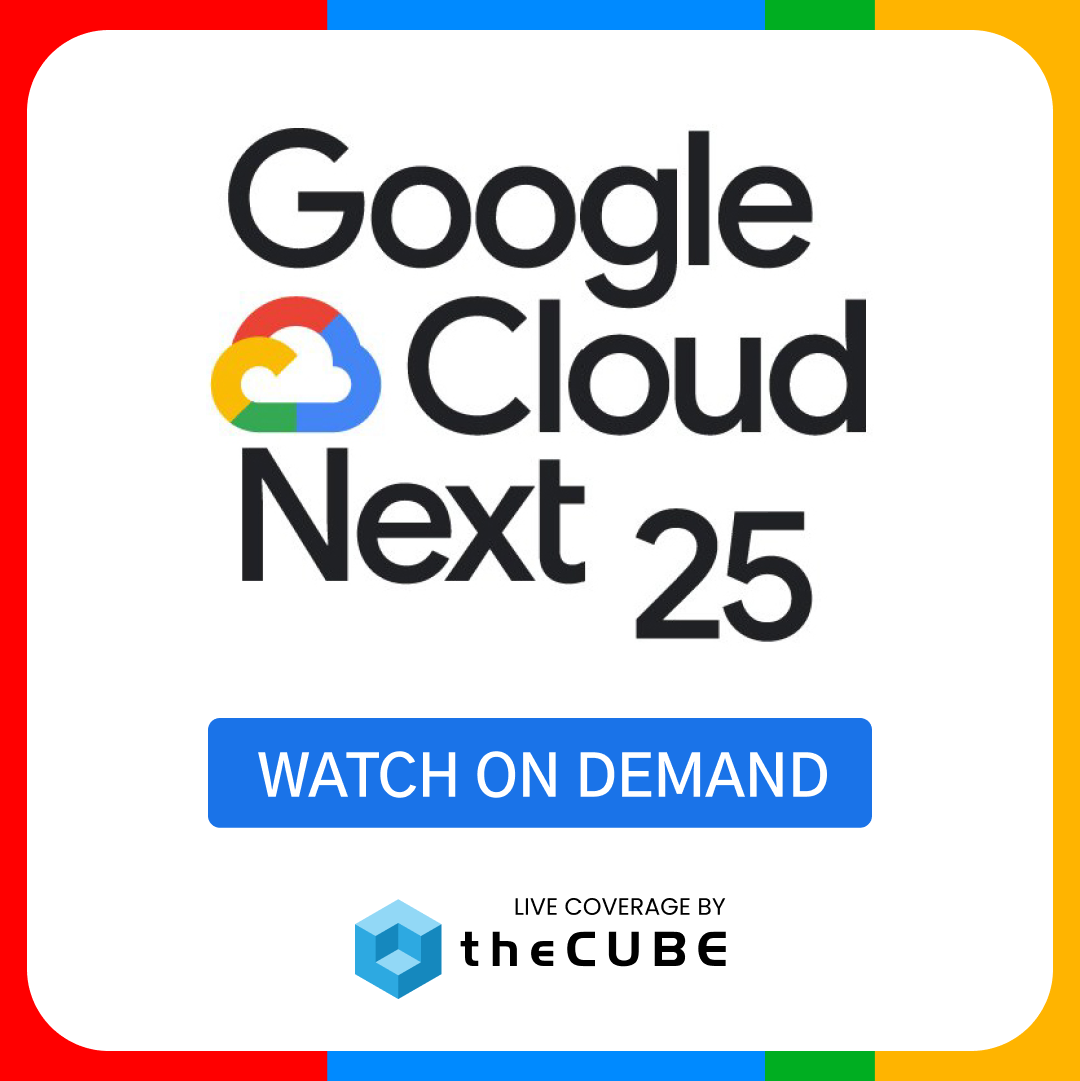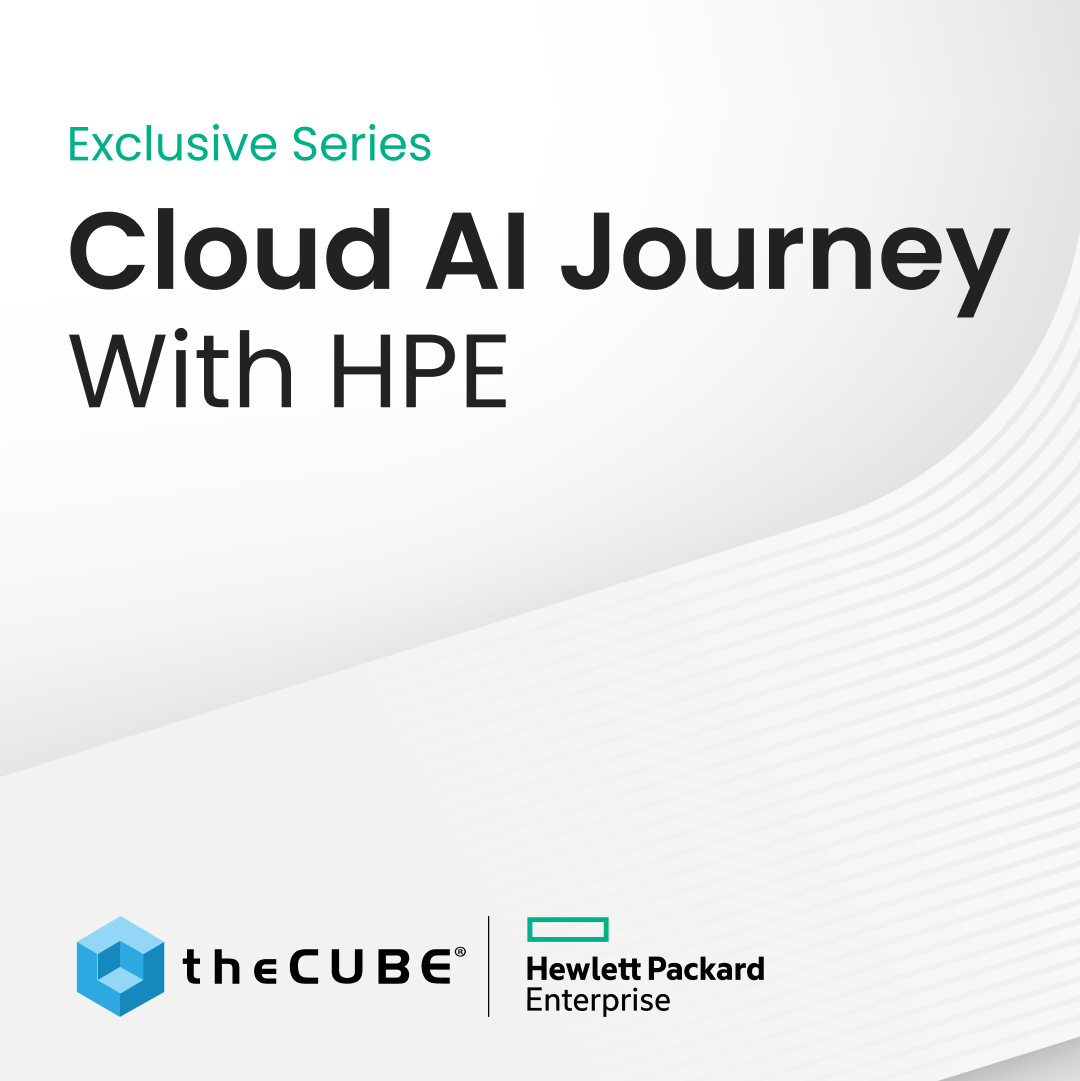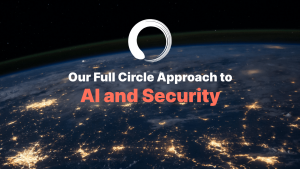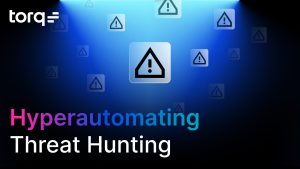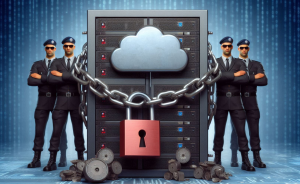House Votes to Block FCC Net Neutrality Rules
A 57% majority of the US House of Representatives has voted to block funding for the FCC’s Net Neutrality rules passed by a slim FCC majority last December. The vote now heads to the Senate and then the President’s desk.![]()
We found the FCC rules to be incoherent because the FCC ignored the record and overreached when it outlawed Paid Prioritization.
Here are the key problems with the FCC Net Neutrality ruling
- FCC declared that Paid Prioritization was a departure from existing business practices on the Internet and that there were no real-world examples Paid Prioritization in existence, but they ignored the fact that AT&T had hundreds of paid prioritization customers, and that AT&T had submitted this fact in writing to the FCC.
- FCC argued that Paid Prioritization agreements should be prohibited because smaller businesses and non-profit groups with limited budgets couldn’t afford them, but that line of reasoning would empower the FCC to outlaw any type of service it saw fit. Universal affordability should not be a mandatory criteria for business to business services and the FCC doesn’t have the authority to mandate this.
- The FCC was under pressure from strict Net Neutrality advocates and some of the FCC commissioners to outlaw existing Paid Peering and interconnection services, but a compromise was reached to permit existing these existing services. The problem is that Paid Peering and interconnection services are no different from “Paid Prioritization” services that are “enhanced and prioritized”.
- The FCC had clearly ruled that all the key characteristics of Paid Peering, interconnection, and CDN services were illegal but they carved out vague exemptions for “existing” Paid Peering and interconnection services. This was enough to please strict Net Neutrality proponents who declared that the FCC ruling was “stronger than you think” because the ruling laid the framework for blocking future Paid Peering and interconnection agreements if the FCC simply referred to them by another name.
[Cross-posted at Digital Society]
A message from John Furrier, co-founder of SiliconANGLE:
Your vote of support is important to us and it helps us keep the content FREE.
One click below supports our mission to provide free, deep, and relevant content.
Join our community on YouTube
Join the community that includes more than 15,000 #CubeAlumni experts, including Amazon.com CEO Andy Jassy, Dell Technologies founder and CEO Michael Dell, Intel CEO Pat Gelsinger, and many more luminaries and experts.
THANK YOU





